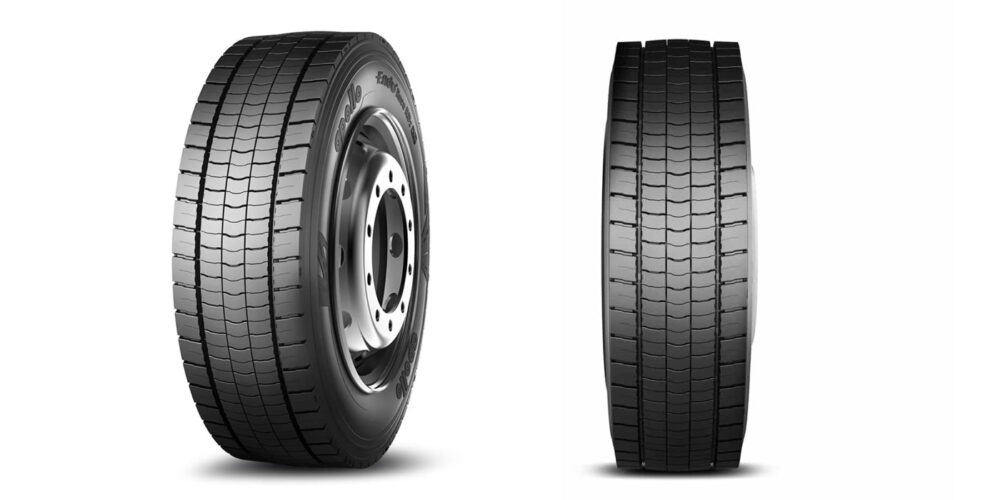Today’s diesel engines are more complex systems than ever before. Engines now run at higher speeds and temperatures than in the past, which puts them at greater risk of developing diesel engine deposits. With fuel economy, power and emissions top of mind, keeping engine injectors clean and free of deposits is critical to maintaining optimum vehicle operation. Ironically, the newest injectors that are designed to improve emissions and efficiency can make matters even worse if left unchecked. This can lead to deposit formation on or inside of fuel injectors, causing nozzle holes to clog and injectors to stick and eventually fail. Buildup of these deposits can have a detrimental effect on fuel economy and power or worse, failure of equipment. This can lead to unwanted downtime and costly repairs. To prevent the occurrence of deposit formation and failed injectors, a high-performing diesel additive is essential to diesel engine success.
The truth behind existing diesel additives
In the market for decades, performance diesel additives have been used to clean and prevent deposit build up in injection systems. However, many diesel additive packages are not strictly regulated, allowing for everyday vehicles and fleet owner/operators to purchase lower-quality additive packages that offer minimal protection of fuel injectors and intake valves. Although this problem has not been significant for older diesel engines, as they are impacted by deposit formation over an extended period, modern-day engines are affected by deposit formation much sooner, ultimately leading to deposit buildup that can reduce fuel economy and power by up to 5%. If left untreated, the replacement of a full injector set can cost up to $5,000 or more, further stressing the importance of performance diesel additives and their critical role in achieving and maintaining maximum vehicle performance and fuel efficiency.
The fact that many vehicle owners and operators are driving vehicles without the use of a deposit control additive led OEMs to form greater regulations around protecting the parts they produce, in the form of the Top Tier Diesel Program, which was launched by North American engine OEMs in 2017.
This program was an offshoot of a previously launched program aimed at gasoline engines—Top Tier saw the opportunity to go beyond gasoline. The program was initially launched with the focus on North American production of higher fuel quality and performance. The Top Tier Diesel Program was built on the understanding of the growing demands placed on new, complex diesel engines—and the importance of fueling them with the best possible fuel. To ensure fuel quality provides optimum performance, several of the quality specifications center on detergency, stability, lubricity and fuel cleanliness.
Lubrizol’s new diesel deposit control additive, for example, has been developed to seek better quality diesel fuel in North America. Lubrizol’s additive technology has proven to provide advance deposit protection in today’s diesel engines through nozzle coking and IDID protection in both standardized engine testing and real-world field trials. If vehicle owners and operators choose not to use a deposit control additive, they become more susceptible to deposits, leading to compromised fuel economy benefits, lower performance and the potential need for costly equipment repairs and replacements.














